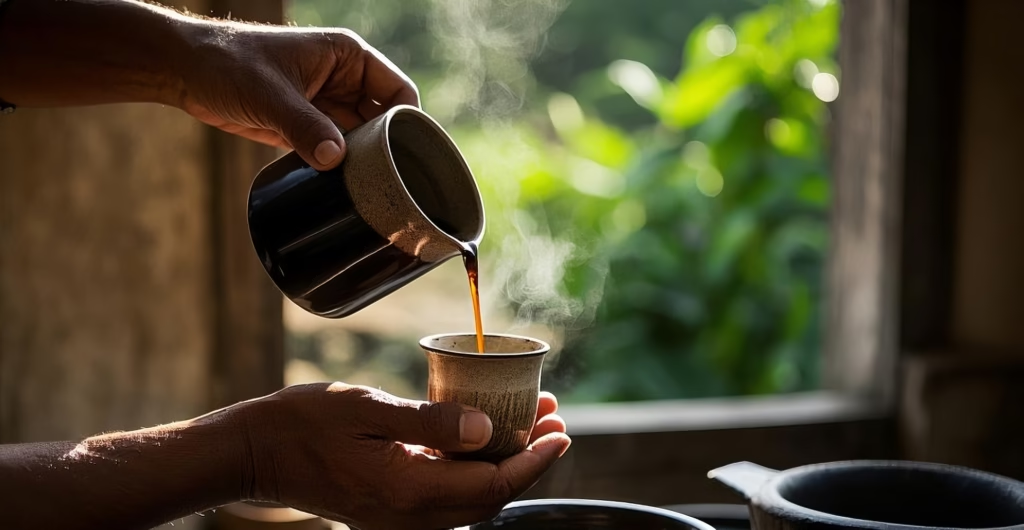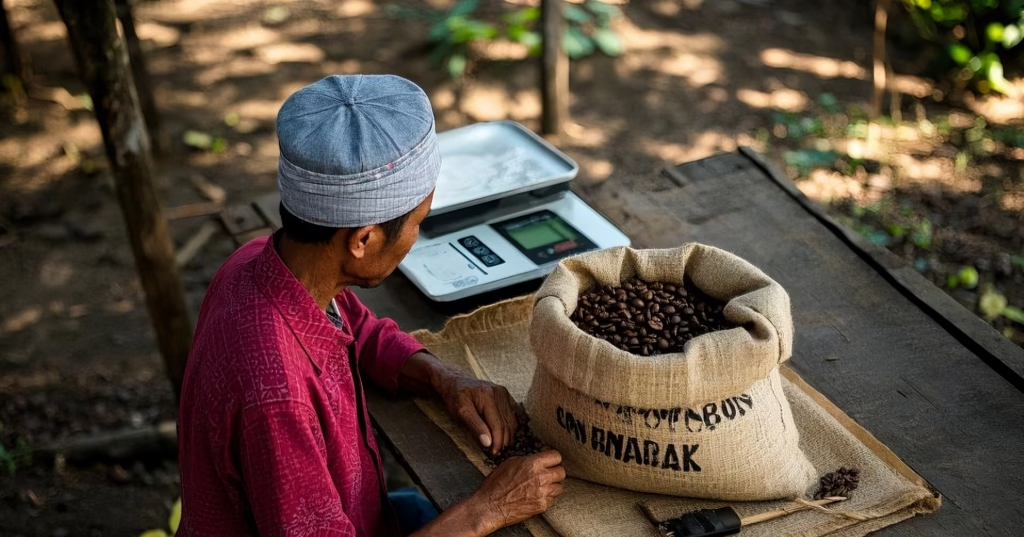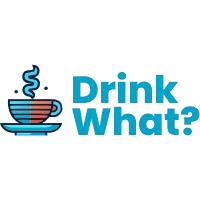Ethically Sourced Coffee: Shocking Truth About Consumer Struggles in Developing Economies

Hey Brewmates! Ever wondered why that ethically sourced coffee hits different—both in taste and in your wallet? If you’re sipping on your morning brew while scrolling through this, chances are you’ve noticed those “ethically sourced” labels popping up everywhere. But here’s the tea (or should I say coffee?)—the vibe around ethical coffee consumption looks totally different depending on which side of the global economy you’re on.
While coffee lovers in New York or London might flex their sustainable purchases on Insta, consumers in Jakarta, Nairobi, or Bogotá face a whole different set of challenges when it comes to making those same ethical choices. Today, we’re diving deep into that disconnect and exploring why ethically sourced coffee hits differently across the globe!
Quick Facts
- Consumers in developing nations spend up to 15% of their income on food and beverages, compared to just 6% in developed countries
- Only 23% of coffee consumers in producing countries recognize ethical certification labels
- The price premium for ethically sourced coffee averages 30-45% higher than conventional coffee
- Despite growing 70% of the world’s coffee, developing nations consume only 20% of ethically certified beans
The Price-Ethics Gap: More Than Just Numbers

The conversation around ethically sourced coffee often centers on certification systems like Fair Trade, but rarely acknowledges the economic reality for consumers in developing economies. When we talk about ethical consumption, we’re essentially discussing a luxury that requires disposable income—something not everyone has equal access to.
Research from the World Economic Forum reveals that while awareness of ethical issues in coffee production has increased globally, willingness to pay premium prices varies dramatically based on economic context. In Jakarta, for instance, the average coffee enthusiast might need to allocate three times more of their proportional income for the same ethically certified coffee that a consumer in Seattle purchases without a second thought.
This creates what economists call the “ethical consumption paradox,” where those closest to coffee production—often in the same countries where coffee is grown—face the steepest barriers to supporting ethical practices through their purchases. As noted in a comprehensive study by the Journal of Consumer Behavior, this disconnect isn’t just about price points but reflects deeper structural inequalities in global trade systems.
Interestingly, the relationship with coffee itself differs vastly across these markets. In many coffee-producing regions, the beverage holds cultural significance similar to how we appreciate traditional tea ceremonies in various cultures. However, the conception of “premium” or “ethical” often follows very different parameters than Western marketing frameworks suggest.
Cultural Context: When Western Ethics Meet Local Realities

What many global coffee brands miss in their ethically sourced coffee campaigns is the cultural context of consumption in developing markets. According to Kantar Worldpanel’s “Shopping Habits in Developing Nations” report, coffee carries different cultural significance in its countries of origin compared to Western importing nations.
In Colombia, for instance, coffee has deep historical and cultural roots as a daily necessity rather than a luxury product. When specialty coffee shops introduce premium ethically sourced coffee at prices that match international standards, they often find limited market penetration among local consumers. This isn’t due to lack of concern for ethics, but rather because ethical consumption frameworks have been largely designed around Western consumer values.
The Asia Pacific Journal of Marketing and Logistics highlighted this disconnect in their study “Sustainable Coffee Consumption Patterns in Southeast Asia,” noting that consumers in Indonesia and Vietnam prioritize different ethical considerations than those emphasized by international certification programs. Local concepts of ethical consumption often focus more on community support and cultural preservation rather than formalized environmental standards.
The Socioeconomic Context of Ethical Consumption
The United Nations Development Programme’s report “Consumer Behavior Change for Sustainable Development” reveals a stark reality: the concept of voting with your wallet through ethically sourced coffee purchases assumes a level of purchasing power that many consumers in developing economies simply don’t have.
Nielsen Consumer Research data shows that while awareness of ethical issues in coffee production is growing across all markets, the “Price Sensitivity Analysis in Emerging Markets” demonstrates that price remains the primary decision factor for over 78% of consumers in developing nations. When faced with paying 30-45% more for ethically certified coffee, these consumers often make pragmatic rather than ideological choices.
This creates what sociologists call a “moral economy gap,” where ethical purchasing becomes a privilege rather than a universal possibility. The World Bank’s Consumer Studies Division found that for the average consumer in coffee-producing regions, the premium for ethically sourced coffee would consume 3-5 times more of their proportional income compared to consumers in developed nations.
Bridging the Gap: Local Solutions to Global Challenges

What’s particularly interesting is how local markets are developing their own approaches to ethical coffee consumption. The Asosiasi Kopi Indonesia study on “Pola Konsumsi Kopi Indonesia” found that local consumers are increasingly supporting direct trade relationships with nearby farmers—a practice that embodies ethical consumption principles without the premium price of international certification.
Similarly, Euromonitor International has tracked the rise of local coffee businesses in developing nations that prioritize fair compensation to farmers while keeping prices accessible to local consumers. These businesses operate outside traditional certification frameworks but nonetheless address many of the same ethical concerns.
A Personal Perspective: Navigating Ethical Coffee as an Indonesian Consumer
As a self-proclaimed coffee enthusiast who has lived both in Indonesia’s big cities and in regions without coffee production, I find these ethical dilemmas particularly challenging to navigate. The dynamics of having a modest income severely limits my choices when it comes to coffee selection. While ethical sourcing is undoubtedly a positive movement, the reality remains complicated for middle to lower-income groups in Indonesia.
Even as a single person without family financial responsibilities, making the choice to pay premium prices for ethically certified coffee represents a significant financial decision. What might seem like a small price difference to consumers in developed economies can translate to meaningful budget trade-offs in my daily life.
Perhaps most concerning is how rarely these issues are discussed in Indonesian coffee culture. Information about ethical sourcing and its implications for local consumers remains scarce, likely because outreach approaches haven’t effectively bridged the gap between global ethical standards and local economic realities. The conversation needs to evolve to include voices like mine—consumers who care about ethics but must balance those concerns against immediate financial constraints.
Tips for More Inclusive Ethical Coffee Consumption
- Support locally-appropriate ethical initiatives that consider economic realities in developing markets rather than applying one-size-fits-all Western standards
- Look beyond certification labels to understand the actual impact of your coffee purchases on producer communities
- Consider the full spectrum of ethical considerations, including accessibility and cultural relevance, not just environmental standards
- Engage with coffee producers directly through specialty importers who maintain transparent relationships with farming communities
- Advocate for industry models that distribute the cost of ethical sourcing more equitably throughout the supply chain rather than placing it primarily on consumers
Conclusion
The conversation around ethically sourced coffee needs to expand beyond affluent Western consumer markets to include the perspectives and economic realities of consumers in developing economies. True ethical consumption can’t be a luxury good accessible only to the privileged few.
As our understanding of global coffee markets evolves, so too should our approach to promoting ethical practices. By acknowledging the socioeconomic context of consumption and developing more inclusive models that work across different economic realities, the coffee industry can move toward a more genuinely ethical future—one that considers not just how coffee is produced, but also who can afford to participate in supporting those production methods.
While certification programs like Fair Trade remain valuable tools, the next frontier in ethically sourced coffee may be developing approaches that democratize ethical consumption across global economic divides. After all, shouldn’t ethical coffee be accessible to everyone who loves the beverage, regardless of which side of the global economy they call home?




 Business Stories
Business Stories Coffee World
Coffee World Drink Discoveries
Drink Discoveries Tea Stories
Tea Stories




